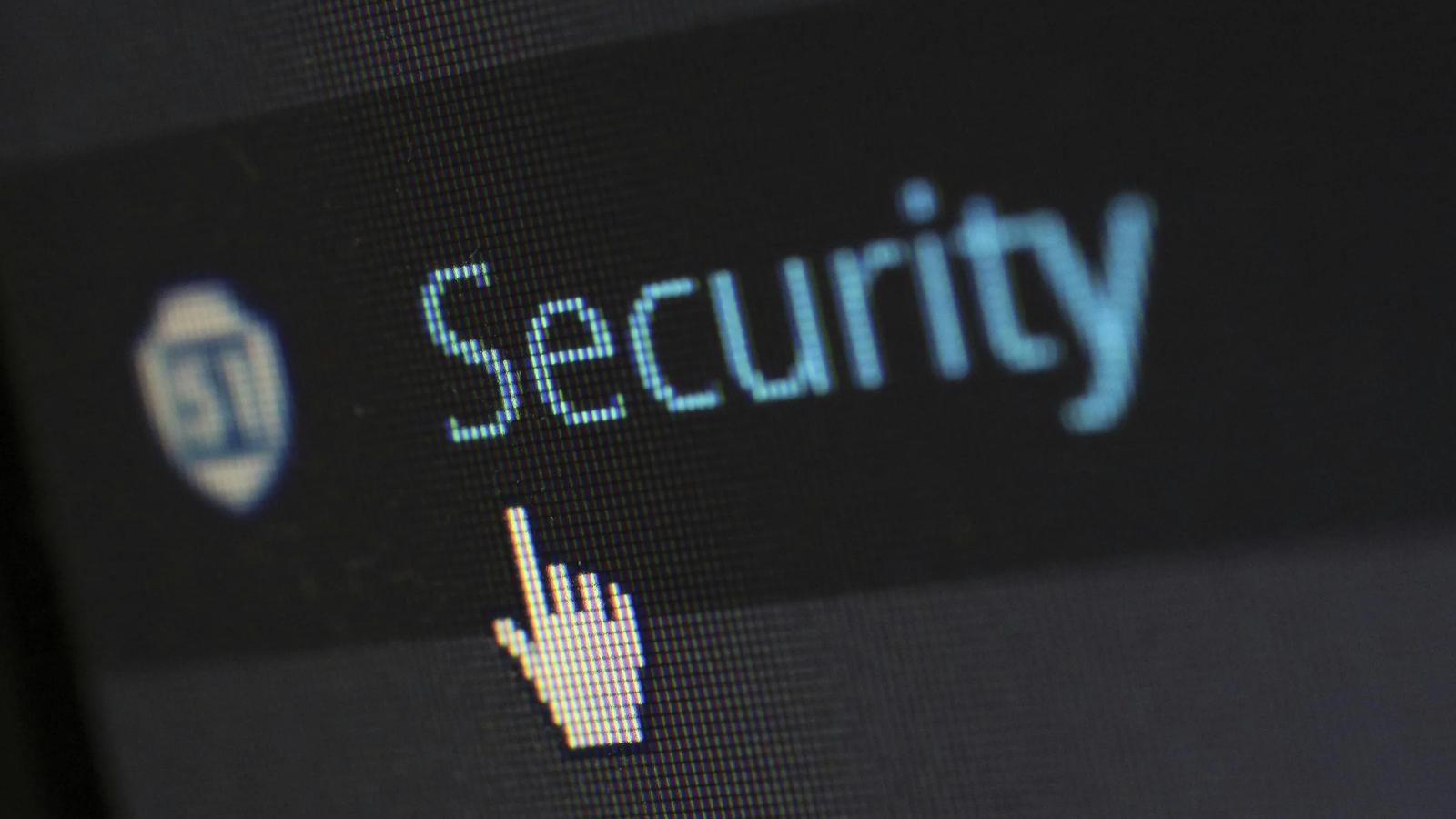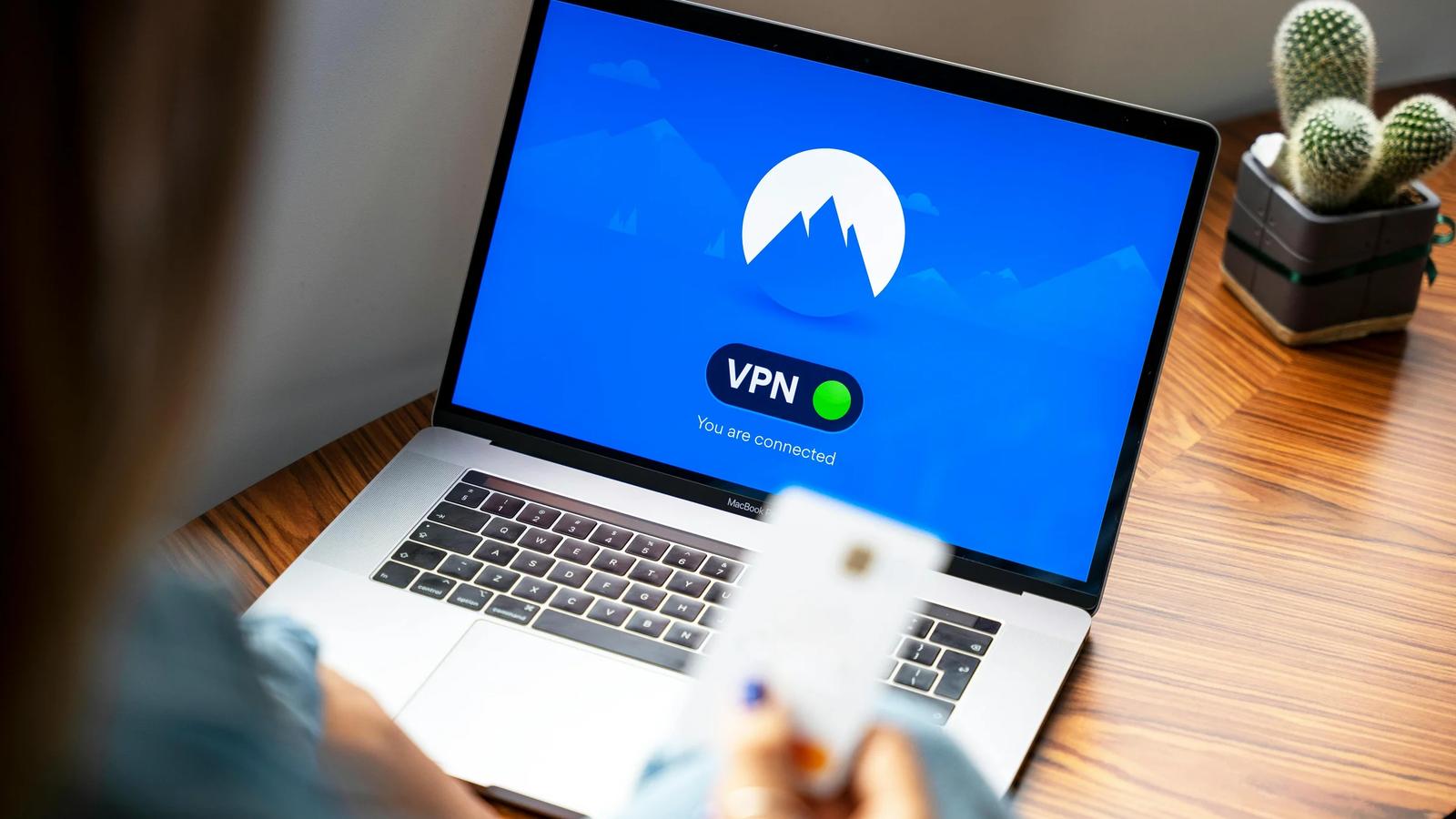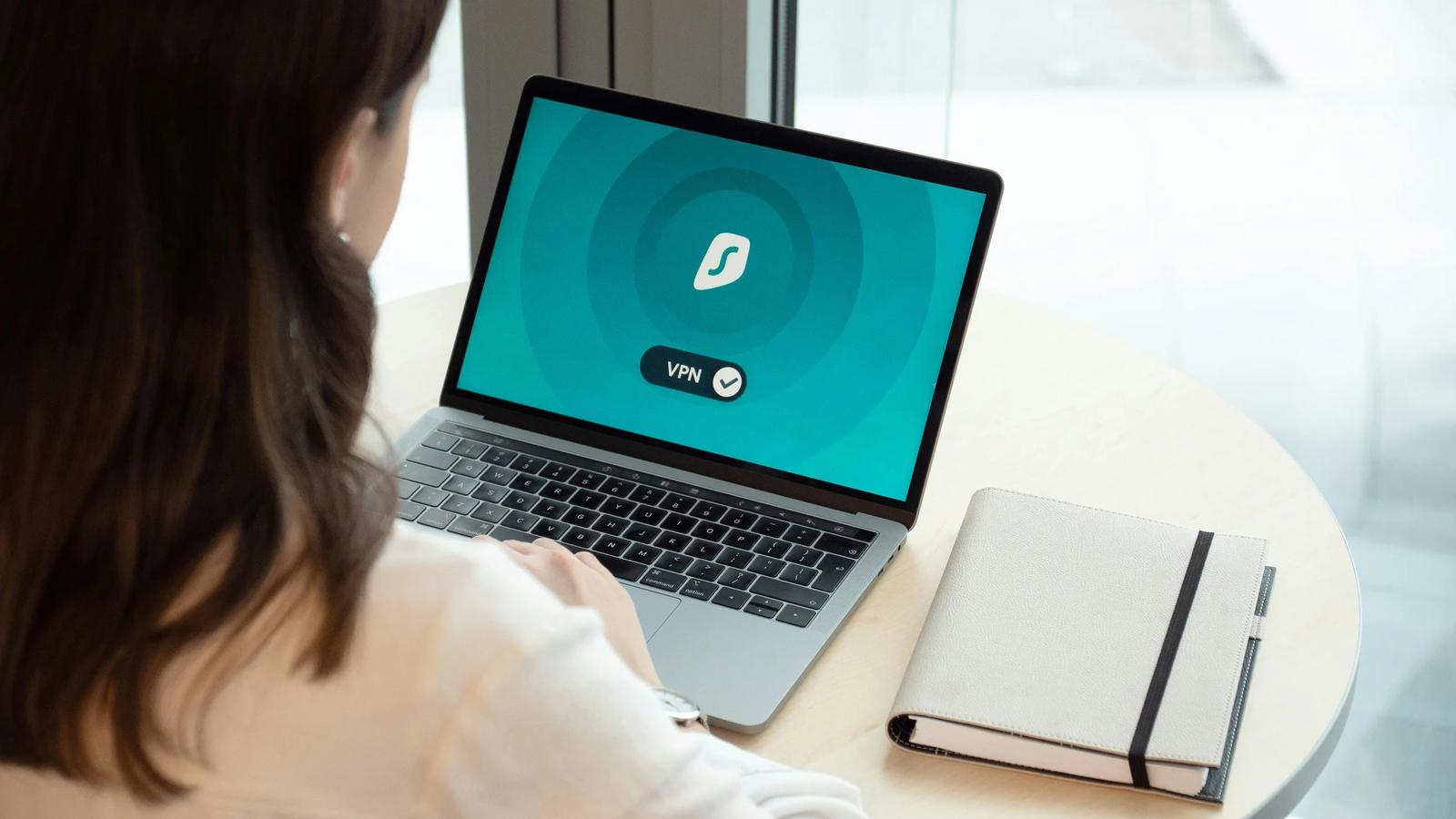A VPN is a great way to protect your data online. But when it comes to choosing a provider, many people immediately look for a free option. After all, why pay when you can install something without a subscription? Unfortunately, free VPNs are rarely as harmless as they seem – and in some cases, they pose a greater threat than having no VPN at all.
Let’s break down the hidden dangers of free VPN services and why a paid VPN is actually an investment in your security.

A free VPN isn’t a gift – it’s a compromise
Every VPN service comes with costs: for servers, bandwidth, development, and support. If you’re not paying with money, there’s a high chance you’re paying with your data, connection speed, intrusive ads – or all of the above.
Why Are Free VPNs Risky?
1. They collect and sell your data
Many free VPNs track:
- the websites you visit,
- connection times,
- your IP address and location,
- installed apps on your device.
This data is often sold to ad networks, data brokers – or worse, leaked to the dark web.
2. Ads, spyware, and trackers
Free VPN services often come bundled with trackers and ad modules embedded directly in the app. Some even install malware or hidden crypto miners on your device.
3. Slow speeds and limitations
Free VPNs often:
- severely throttle your connection speed,
- impose strict data limits (e.g., 500 MB per month),
- restrict server access to just a few random locations.
Forget about streaming, remote work, or having a stable connection – these services simply aren’t built for it.
4. Lack of transparency and support
Free VPNs almost never:
- publish security audits,
- offer customer support,
- explain what they encrypt and how.
You have no idea what’s really happening with your data – and it’s all flowing through someone else’s servers.
5. Fake VPNs – a scam from the start
Some free VPNs don’t actually do what they claim: they don’t encrypt your traffic, don’t hide your IP, and give you a false sense of security. This is especially dangerous when connecting to public Wi-Fi networks.

Why Pay for a Reliable VPN?
Paid VPN services offer real protection and transparency:
- Strict no-logs policy – they don’t collect or sell your data
- Fast, stable servers in dozens of countries
- Full control over server location and connection
- Reliable access to streaming platforms and blocked services
- Support for all devices, kill switch, auto-connect, and more
All this usually costs between €2–5/month with a yearly plan – less than a cup of coffee, but with real security in return.
Which Paid VPN to Choose?
NordVPN
If you’re looking for a reliable and secure VPN, NordVPN is one of the best options on the market. It’s a paid service offering high speed, strong encryption, and a strict no-logs policy. Unlike free alternatives, NordVPN doesn’t cut corners on infrastructure or monetize your data. If you take your digital privacy seriously and don’t want to risk your personal information – this VPN is worth every cent.
What NordVPN offers:
- Over 6,000 servers worldwide
- Streaming support, including Netflix, YouTube Premium, and Spotify
- Apps for all devices
- Built-in ad blocker and malware protection
- Connect up to 10 devices at the same time
- 24/7 customer support

Surfshark
Surfshark is another solid choice if you’re looking for a fast, reliable, and affordable VPN. It has a strong focus on privacy, high-speed performance, and convenient features for travel and streaming. Surfshark does not log or store any information about your online activity, supports double encryption, and works even in countries with restricted access. It’s a great option for those who want a full set of features – at a very attractive price.
What Surfshark offers:
- Over 3,200 servers in 100+ countries
- Streaming support, including Netflix, Hulu, and Disney+
- Unlimited simultaneous connections (one subscription covers all your devices)
- Built-in CleanWeb: blocks ads, trackers, and phishing attempts
- NoBorders and Camouflage modes for bypassing censorship
- 24/7 customer support

Summary
A free VPN can end up costing you much more than a paid one. It’s not a saving – it’s a risk: data loss, hacking, tracking, and leaks. If you truly care about your digital security, don’t rely on questionable free services – choose a provider you can trust.
